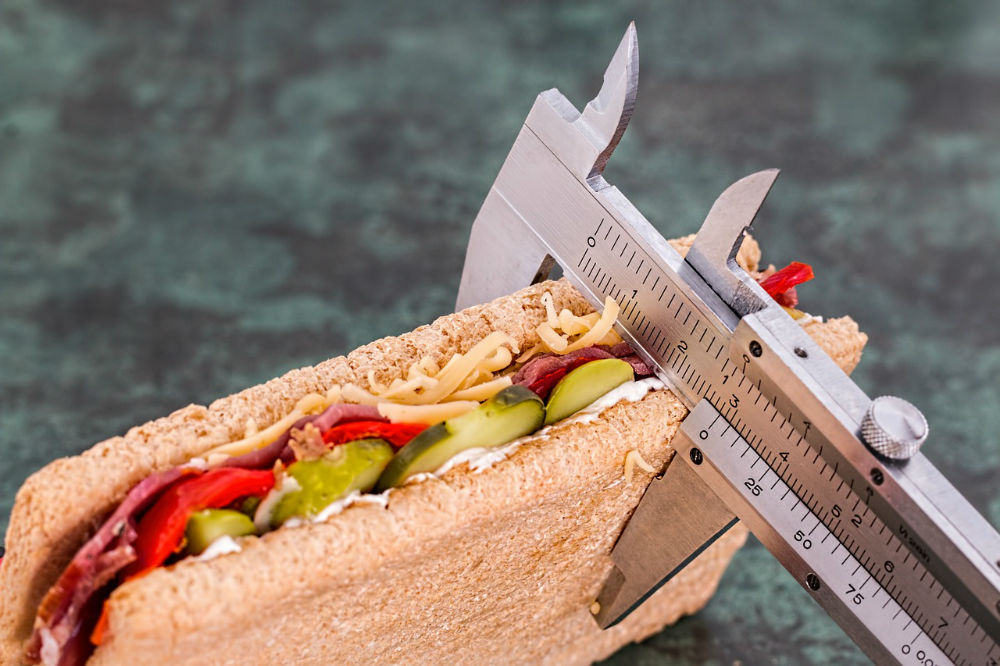10 Reasons Why You’re Not Losing Weight

By Jasmine Stone
Losing weight can be a long and difficult journey. There are countless diets, eating plans and fitness regimes designed to help you shed the pounds, but sometimes the weight just won’t seem to shift, no matter how hard you try. There are, however, genuine reasons why some people find it more difficult to lose weight than others. Here are 10 reasons why you’re not losing weight.
- Refined grains
Refined grains, such as white bread and white rice, have been found to cause weight gain around the waist. Try switching to whole grains, wholemeal bread and brown rice.
- Soft drinks
Many people underestimate the amount of calories they are drinking. One regular can of cola contains around 150 calories, while one small glass of orange juice can contain up to 180 calories. Switching to diet drinks or diluting fruit juice with water could slash your calorie intake.
- Eating too quickly
Eating too quickly leads to a delay in your brain getting the message that you are full. This often leads to overeating. Taking the time to chew your food properly gives your stomach and your brain time to communicate.
- Lack of sleep
One study found that lack of sleep can lead to weight gain. It is thought that inadequate sleep activates a gene that promotes obesity and weight gain. Most people need at least 6-8 hours of sleep every night.
- Distractions
Distracting yourself while eating can lead to overeating. Being mindful of what you are eating, how much you are eating and when you are full can help to slash the amount you eat. Turn off the television and put the newspaper down while you eat.
- Stress
Stress triggers certain hormones to be released in the body. One of these hormones, called cortisol, encourages the storing of fat around your belly. Learning to meditate or doing regular relaxation exercises can help you to combat stress.
- Muscle development
Many people fail to lose weight in the first few weeks of following a new exercise regime. This is because muscles are developing. Muscle weighs more than fat, which means that some people may even gain weight when they first start exercising.
- Familiarity
Eating a low-calorie diet every day can lead your body to become too familiar with having fewer calories. This can lead to a plateau in weight loss. Varying your calorie intake, or taking a day off from your diet every now and then, could help restart your weight loss.
- Skipping meals
Skipping meals puts the body into starvation mode, which causes the body to hold on to fat stores. This prevents you from losing weight. Eating small regular meals lets your body know that it does not need to hold on to excess fat.
- Eating before bedtime
Calories consumed too close to bedtime are unlikely to be burned off, and these are often stored as fat. Try to avoid heavy meals late at night, particularly those containing large amounts of carbohydrates.








